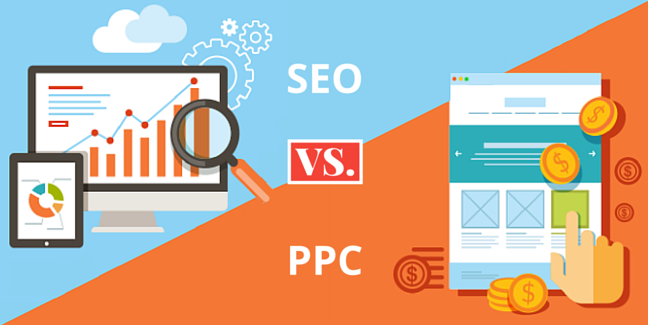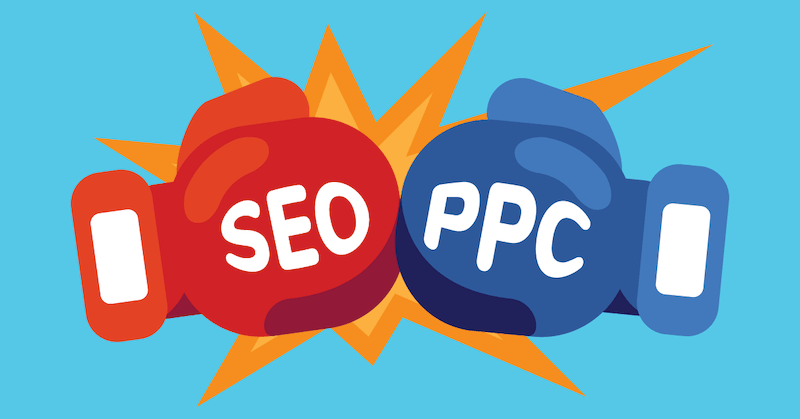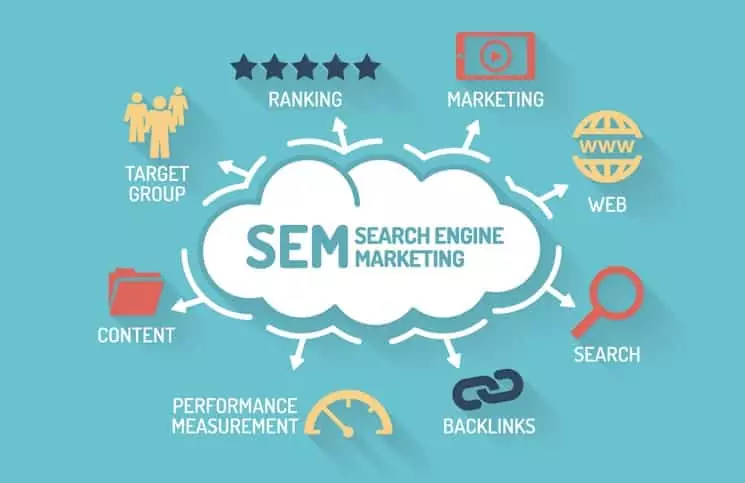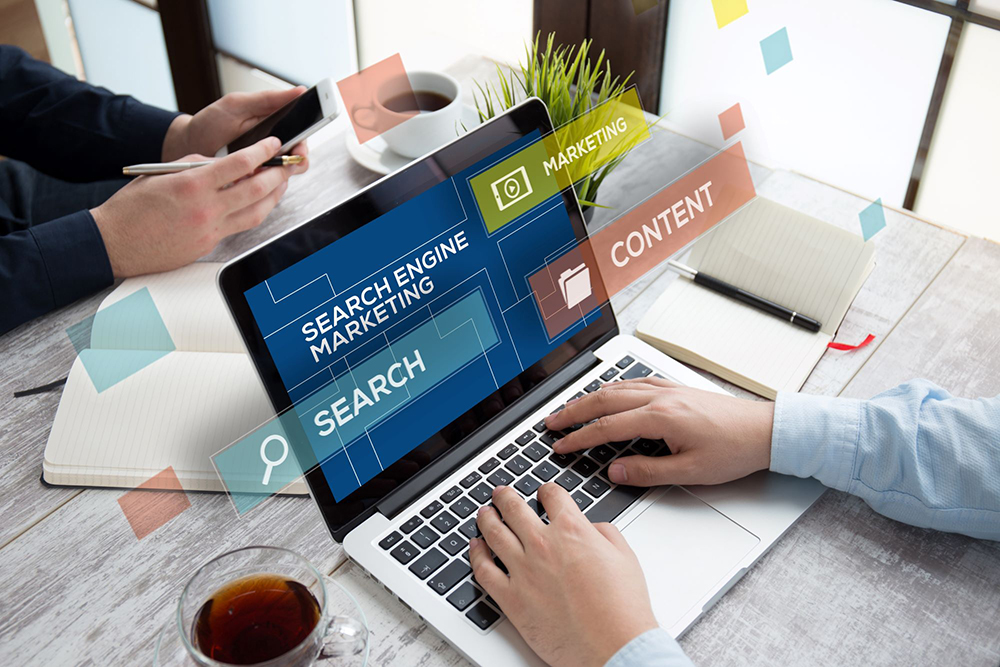In the ever-competitive world of digital marketing, the choice between Pay-Per-Click (PPC) advertising and Search Engine Optimization (SEO) can be a pivotal decision for businesses seeking to enhance their online visibility and drive traffic to their websites. Each strategy offers its own set of advantages and considerations, and the decision between PPC and SEO hinges on your unique goals, budget, and circumstances. In this article, we’ll explore the differences, benefits, and scenarios that can help you determine which search marketing strategy is right for you.
PPC (Pay-Per-Click) Advertising:
1. Immediate Results: One of the primary advantages of PPC is its ability to deliver immediate results. Your ads can start appearing in search engine results and attracting clicks as soon as your campaign is set up.
2. Control and Customization: PPC allows you to have precise control over your ad campaigns. You can set daily budgets, choose keywords, target specific audiences, and adjust ad copy and creatives as needed.
3. Cost Control: With PPC, you have control over your spending. You only pay when someone clicks on your ad, and you can set daily or monthly budgets to manage expenses effectively.
4. Highly Targeted Traffic: PPC enables you to target specific keywords and demographics, ensuring that your ads reach a highly relevant audience.
5. Measurable Results: PPC campaigns are highly trackable. You can measure the performance of your ads, including click-through rates, conversions, and ROI, allowing for easy optimization.

SEO (Search Engine Optimization):
1. Long-Term Strategy: SEO is a long-term strategy that builds organic, sustainable traffic over time. It may take several months to see significant results, but those results can endure for an extended period.
2. Credibility and Trust: High organic rankings in search results can enhance your brand’s credibility and trustworthiness in the eyes of users.
3. Cost-Effective Over Time: While SEO requires an initial investment in terms of time and resources, the cost per click decreases over time as your organic traffic grows.
4. Broader Reach: SEO can capture a broader audience as users are more likely to click on organic search results than paid ads.
5. Content Value: SEO often requires the creation of valuable, high-quality content that can benefit your website in multiple ways beyond SEO, such as engaging and educating your audience.
Choosing the Right Strategy:
- Budget: PPC campaigns involve costs with every click, while SEO requires an initial investment in content creation, technical improvements, and ongoing optimization. Consider your budget and how much you’re willing to spend.
- Goals: Consider your immediate and long-term goals. If you need quick results and conversions, PPC might be the right choice. If you’re looking to establish a strong online presence and brand credibility, SEO may be more suitable.
- Competition: Analyze the competition in your industry. In highly competitive markets, PPC may be necessary to gain visibility, while in less competitive niches, SEO could be more effective.
- Keyword Intent: Consider the intent of the keywords you want to target. Some keywords may be more suited for PPC, while others align better with SEO.
- Complementary Approach: Many businesses find success in combining both PPC and SEO to maximize their online presence and reach different stages of the customer journey.
In conclusion, the choice between PPC and SEO is not one-size-fits-all. The right strategy for you depends on your specific objectives, budget, competition, and the intent of your target keywords. Careful analysis of these factors can help you make an informed decision and develop a search marketing strategy that aligns with your business goals.



